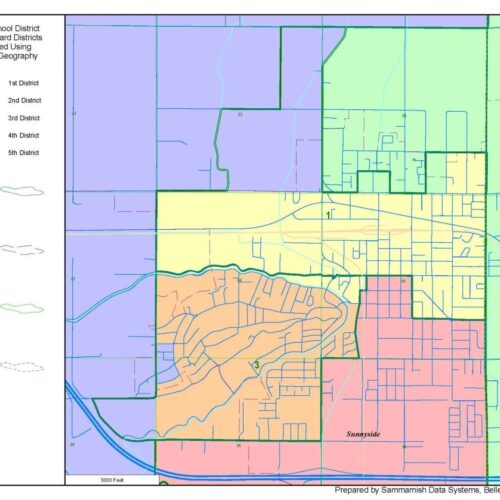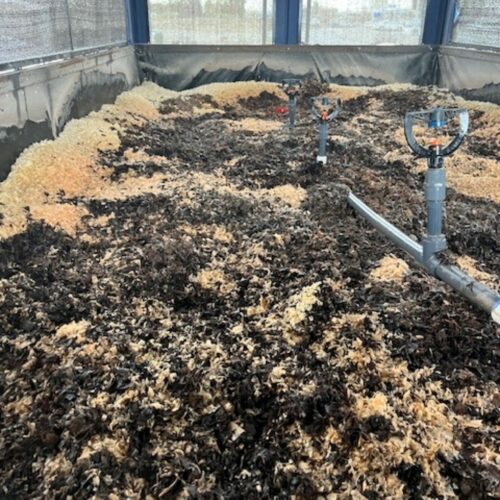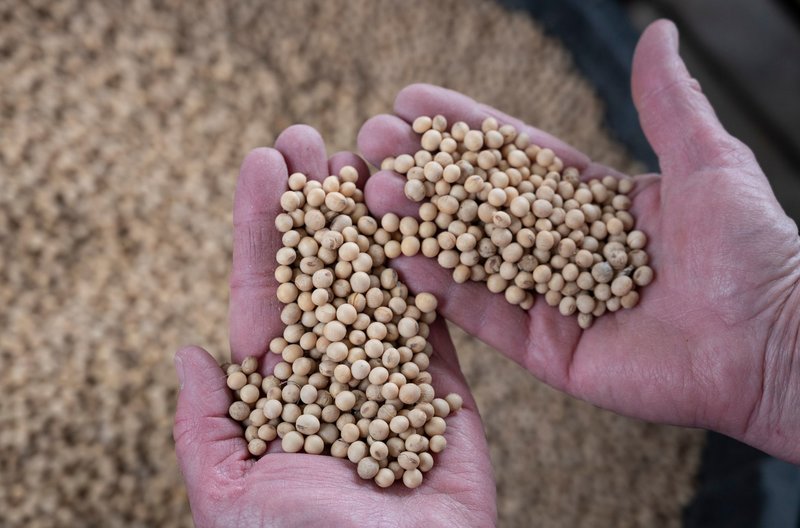
Will Gene-Edited Food Be Government Regulated?
Listen
BY DAN CHARLES, NPR
The company Calyxt, just outside St. Paul, Minn., wanted to make a new kind of soybean, with oil that’s a little healthier — more like olive oil.
As it happens, some wild relatives of soybeans already produce seeds with such “high oleic” oil — high in monounsaturated fat. It’s because a few of their genes have particular mutations, making them slightly different from the typical soybeans that farmers grow.
Manoj Sahoo, the company’s chief commercial officer, says this led to an obvious question: “Can we have those same mutations in the modern varieties which are grown by our farmers?”
The company turned to a gene-editing technique, TALEN, that is similar to a more famous one called CRISPR. Sahoo describes it as a genetic scissors that can go in and cut the soybean plant’s DNA very precisely. “It does the cut, and then it comes out. There is no foreign material or foreign genes in the soybean,” he says.
This is a vital point. If you take genes from another kind of plant, or bacterium, and insert them into a crop like soybeans, the result is considered a genetically modified organism. You need government approval to sell a new GMO. Getting it can take years, and millions of dollars.
Related Stories:
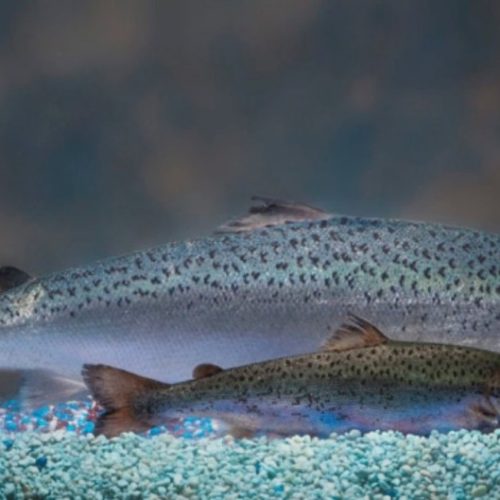
Genetically Engineered Salmon Swim Closer To Store Shelves, Concerning Tribes And Food Groups
Genetically engineered salmon are one step closer to winding up on store shelves, after the U.S. Food and Drug Administration lifted an import ban. It’s a move that’s concerning to tribes, food groups and environmentalists. Continue Reading Genetically Engineered Salmon Swim Closer To Store Shelves, Concerning Tribes And Food Groups
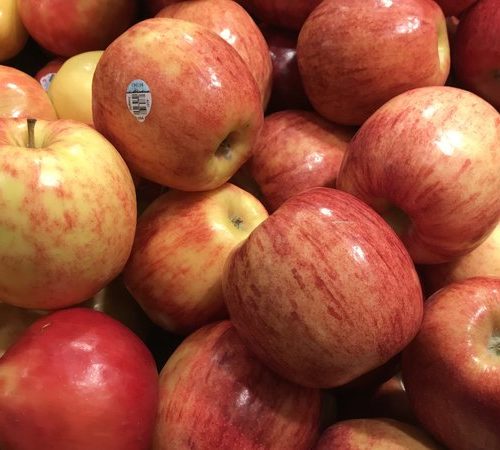
Study: People Strongly Against GMOs Had Shakier Understanding Of Food Science
People who most intensely oppose genetically modified food think they know a lot about food science, but actually know the least, according to a peer-reviewed paper published in January in the journal Nature Human Behaviour. Continue Reading Study: People Strongly Against GMOs Had Shakier Understanding Of Food Science




